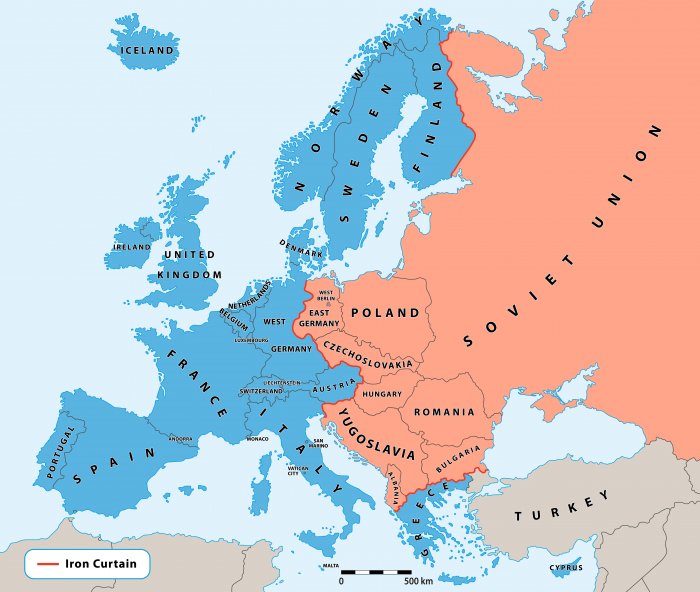Pew: Hungarians mostly approve of changes since communism fell

Shutterstock.com
A recent study by the Pew Research Center, a U.S. think tank, finds that most Hungarians are more satisfied with their lives than when communism fell and have mostly embraced the Western-style political and economic system, though still slightly less tolerant and optimistic than some West European counterparts.
According to a poll conducted this spring across former Eastern Bloc countries, some 72% of Hungarians approve of the shift to a multiparty political system, while 70% approve of the introduction of a market economy. In the entire bloc, Russia, Ukraine, and Bulgaria are the least positive about these changes.
Pew also asked Hungarians about what they consider the most important political principles. Some 95% say they consider a fair judiciary very important, with free speech and regular elections tying for second most popular principle, at 87% each. At the other end of the spectrum, only 63% say a free civil society is very important.
The majority of people also approve of Hungaryʼs EU membership. Some 67% of respondents have a favorable view of the EU, and 65% think that the economic integration of Europe has strengthened the countryʼs economy. About 62% believe that Hungaryʼs EU membership is a good thing.
Life satisfaction has also improved massively in the last three decades. Pew asked respondents to rate their life situation on a scale from zero (meaning worst possible life) to 10 (meaning best possible life). In 1991, shortly after the fall of communism, only 8% of those surveyed responded with a rating of seven or better. This has risen to 47% in 2019.
Less positive aspects
On the other hand, only about 37% of Hungarians say that children today will be better off in the future than their parents, and just 52% of those surveyed say the economic situation in Hungary is good.
In addition, only 23% of Hungarians think that elected officials care about what they think, the survey shows.
Only 49% of Hungarians surveyed say that homosexuality should be accepted by society. In the region, Poland (47%) and Slovakia (44%) have similar attitudes. In the Czech Republic, the rate stands at 59%. The lowest rate among West European countries involved in the study was recorded in Italy (75%).
The Pew Research Center also asked respondents about their attitude towards Muslims. According to the results, some 65% of Fidesz supporters have an unfavorable opinion of them, with the rate standing at 51% among non-Fidesz supporters.
SUPPORT THE BUDAPEST BUSINESS JOURNAL
Producing journalism that is worthy of the name is a costly business. For 27 years, the publishers, editors and reporters of the Budapest Business Journal have striven to bring you business news that works, information that you can trust, that is factual, accurate and presented without fear or favor.
Newspaper organizations across the globe have struggled to find a business model that allows them to continue to excel, without compromising their ability to perform. Most recently, some have experimented with the idea of involving their most important stakeholders, their readers.
We would like to offer that same opportunity to our readers. We would like to invite you to help us deliver the quality business journalism you require. Hit our Support the BBJ button and you can choose the how much and how often you send us your contributions.









